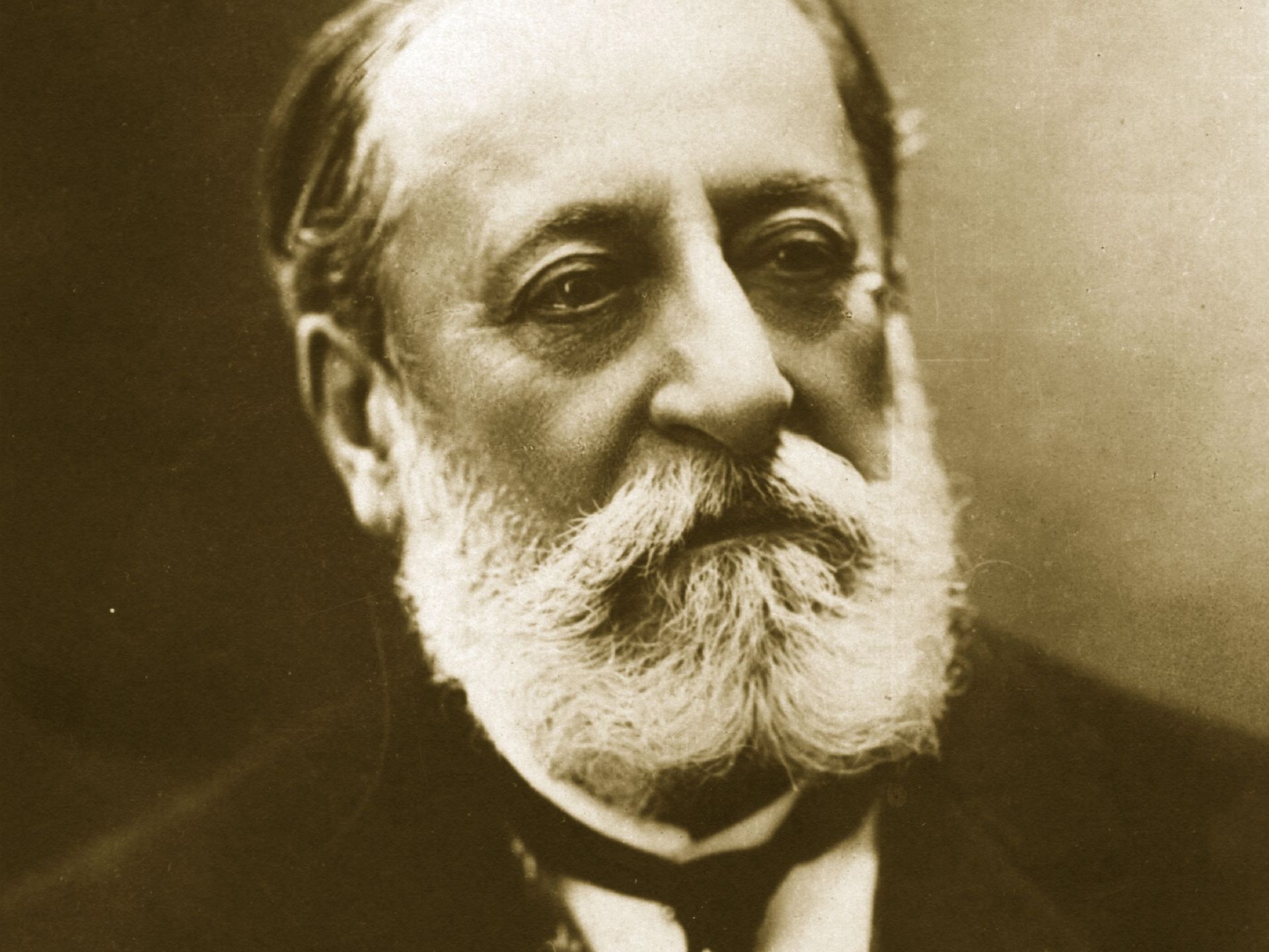Sibelius’ First Symphony: Romanticism and Structure
Music is, for me, like a beautiful mosaic which God has put together. He takes all the pieces in his hand, throws them into the world, and we have to recreate the picture from the pieces. -Jean Sibelius There’s a divine logic at work in the seven symphonies of Jean Sibelius. You get the sense of a self-creating structure- something Sibelius himself described in his famous meeting with Gustav Mahler as “style …







